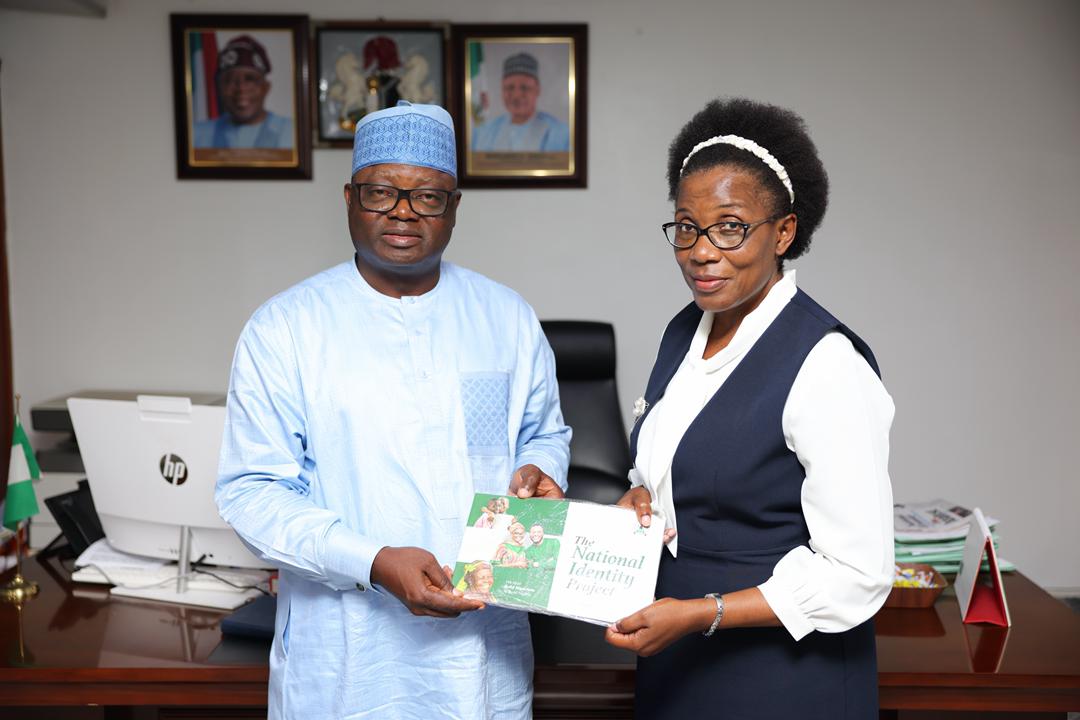By Joyce Remi-Babayeju
The Zambian government has indicated interest in adopting the operation of the Nigerian National Values Charter by understudying the operation of the National Values Charter.
The National Values Charter is the cornerstone of the proposed Nigerian Identity Project approved by the Federal Executive Council (FEC).
In a press release signed by Paul Odenyi, Head of NOA Press Unit, made available to newsmen on Tuesday, this is the second visit led by the Zambian High Commission officials in Nigeria, Mrs. Jenipher Mutembo, Deputy High Commissioner, to the Director General of NOA Mallam Issa-Onilu at the headquarters office in Abuja.
While addressing the Zambian team, the NOA boss gave an overview of the operational structure of the agency.
“The agency is one of the largest in Nigeria, with 818 offices across all 774 local government areas, 36 states, and the Federal Capital Territory.”
“We are deeply rooted at the grassroots level and remain a vital communication channel between the government and the people”, he noted.
He explained that the mandate of the agency is to communicate government policies, programmes, and projects to citizens and to collate grassroots feedback regularly submitted to relevant government institutions and the parliament for decision-making.
“The NOA promotes patriotism, civic responsibility, and unity among Nigerians”, he stated.
The DG further shared his experience at a recent programme in the United Kingdom, where he met the Gambian High Commissioner in London, who also took interest in the work of the NOA, indicating potential for broader African collaboration.
He expressed hope that Zambia might similarly engage in such partnerships.
Earlier, in her remarks, the Zambian Deputy High Commissioner, Mrs. Jenipher Mutembo, expressed sincere gratitude for the hospitality and openness extended by the Director General and his team, recognizing the institutional strength and nationwide structure of the NOA. Mrs. Mutembo said, “I must commend your presence in all local government areas. This grassroots model is powerful, and we see its potential as a framework other African countries, including Zambia, can learn from.”
She applauded the agency’s commitment to providing an opportunity for Zambia to observe, learn, and possibly adopt aspects of NOA’s operational methodology for national reorientation and civic education, stressing the shared African values, youth influence, and the role of media, particularly touching on cultural perceptions exported through Nigeria’s creative industry.
“Our young people are watching these films. They are learning, forming ideas, and creating perceptions, sometimes misinformed, about success, morality, and identity. What we portray shapes national values and international image.”
As leaders, we have a duty to ensure that the content reaching the public inspires unity, innovation, dignity, and pride in African heritage.”
The Zambian envoy acknowledged Nigeria as the cultural giant of Africa through the perspective of its Nollywood film productions and industry.
“Nigeria is the cultural giant of Africa, and Nollywood is one of your most powerful exports, she commended.
Mutembo affirmed her country’s commitment to strengthening bilateral relations with Nigeria in areas of behavioural change, citizen responsibility, and sustainable development.

Leave a Reply